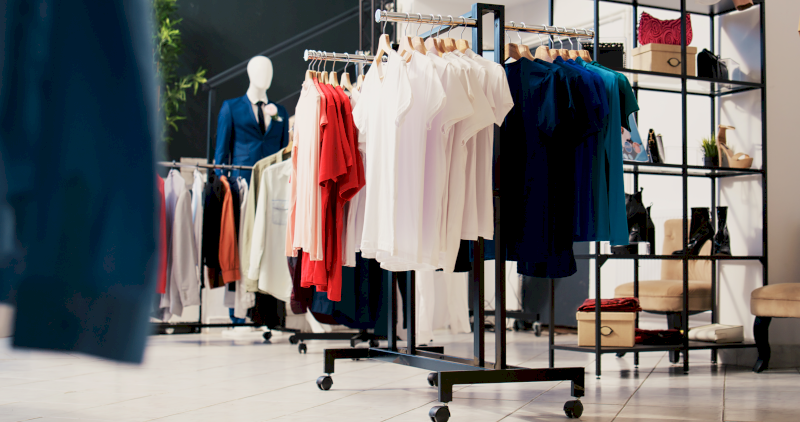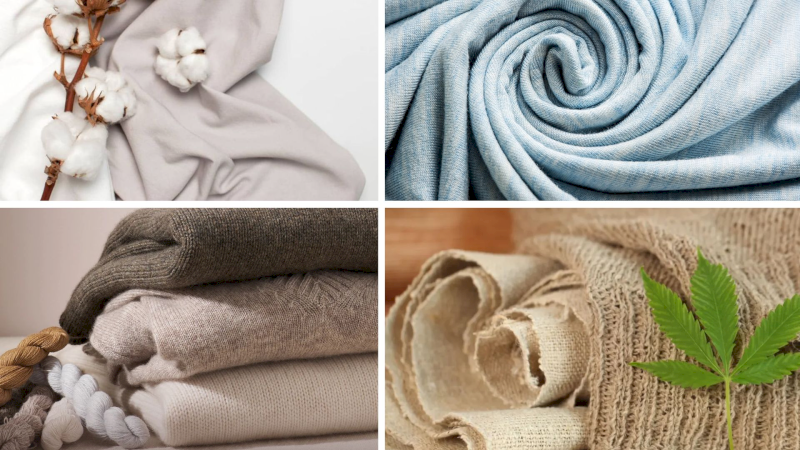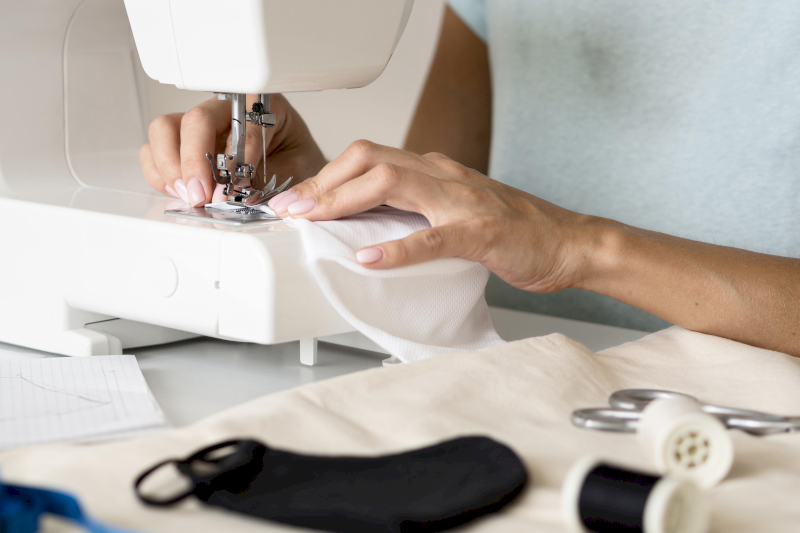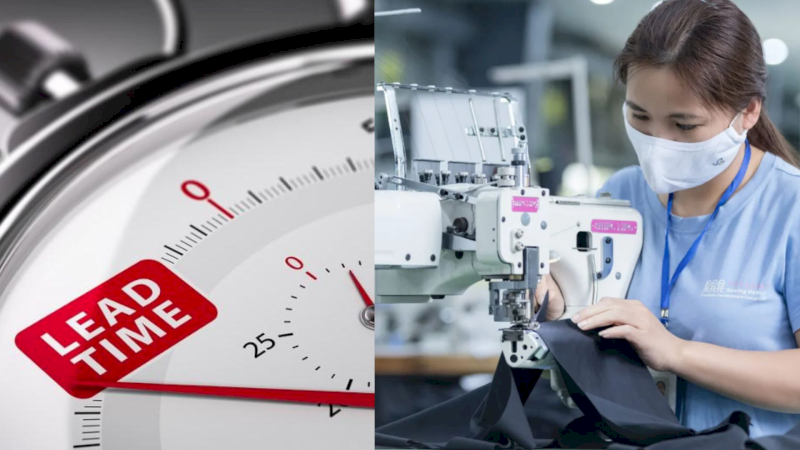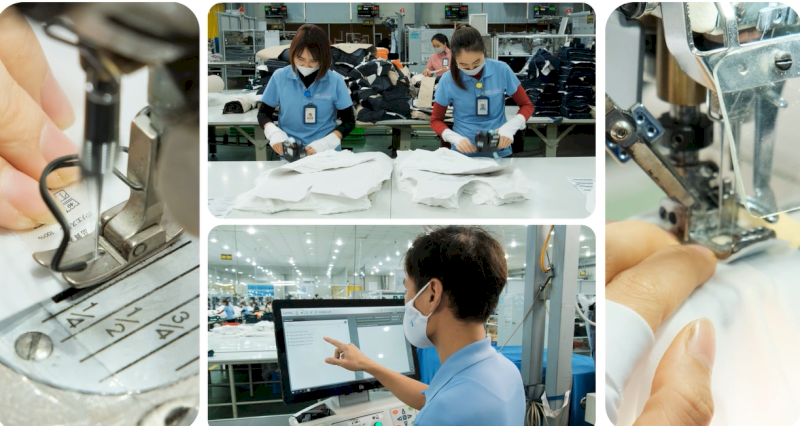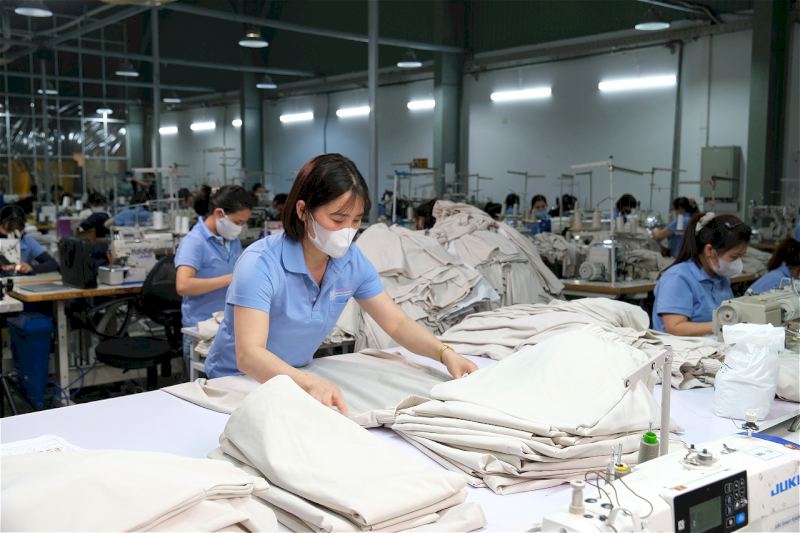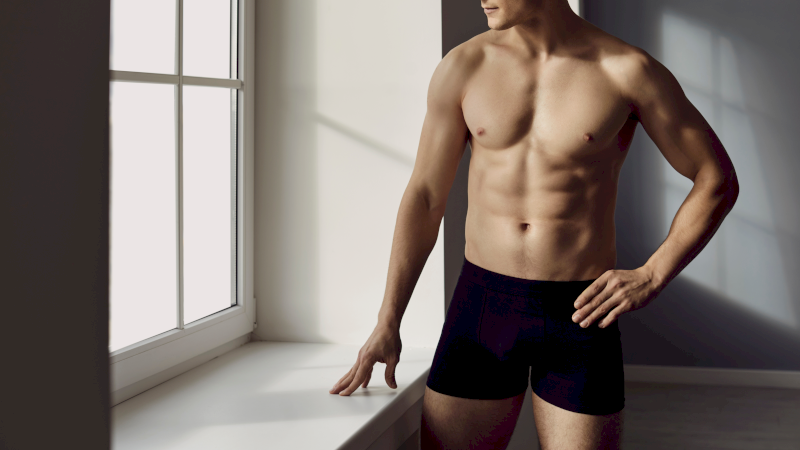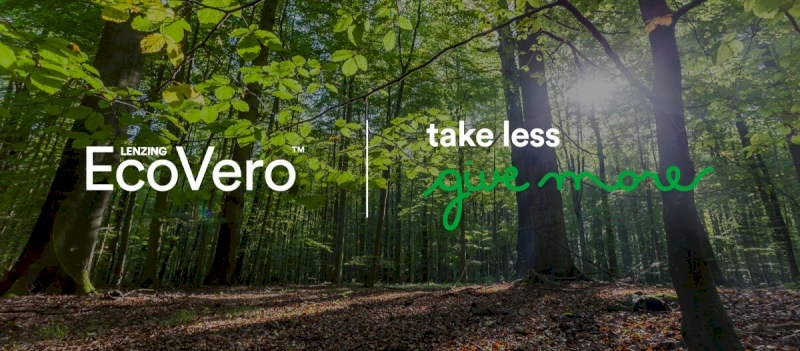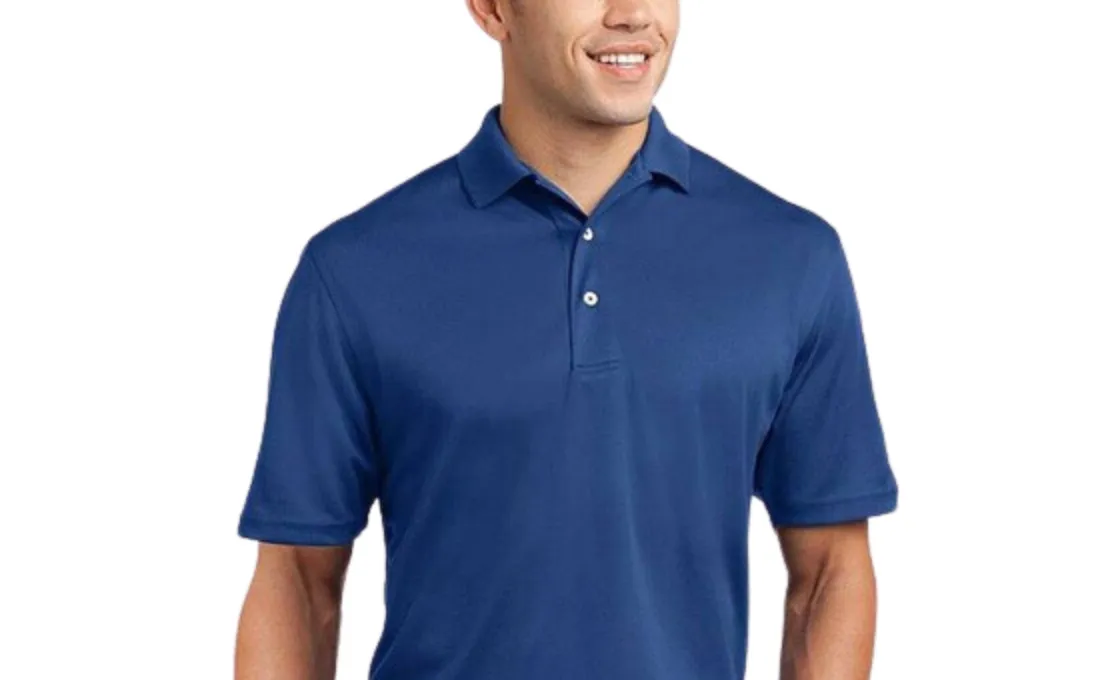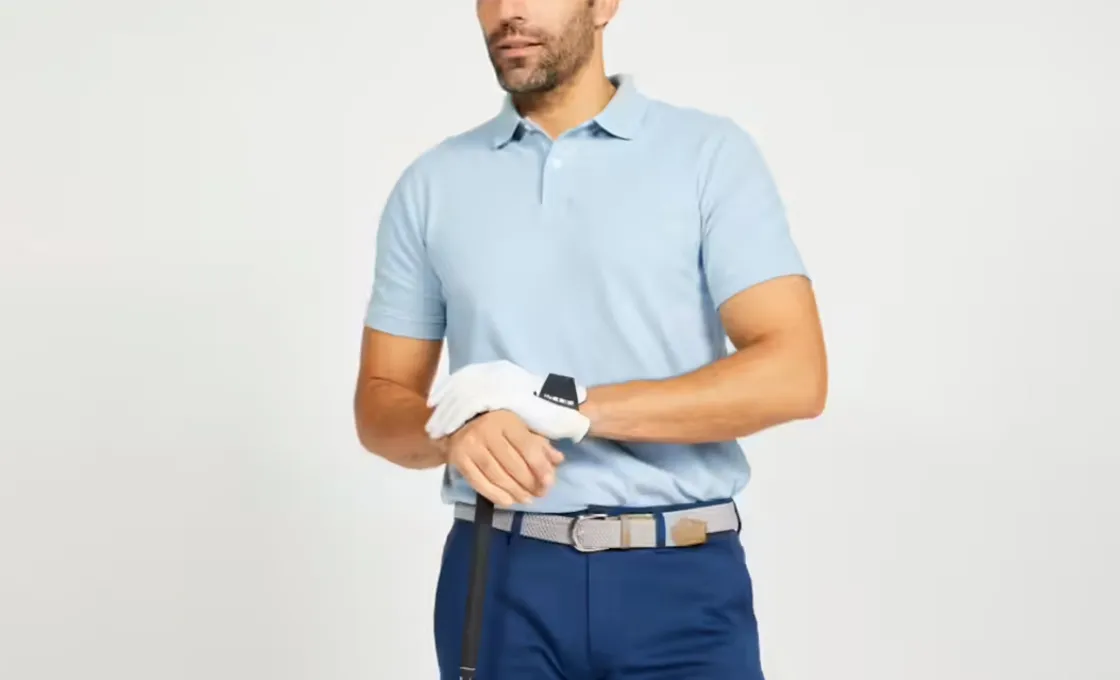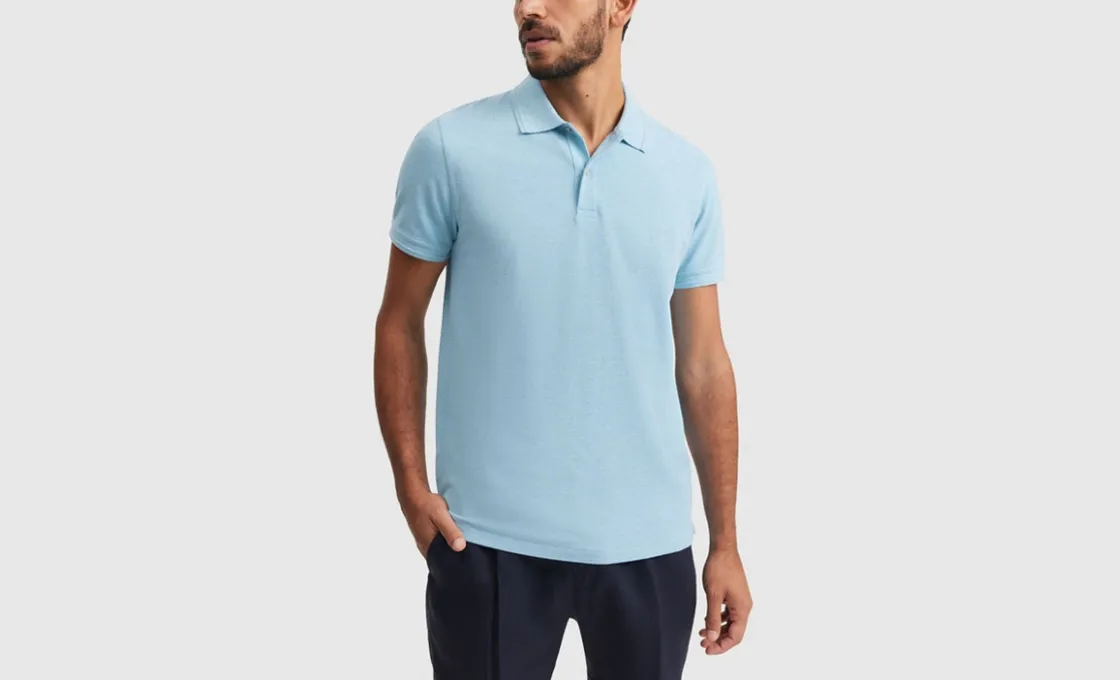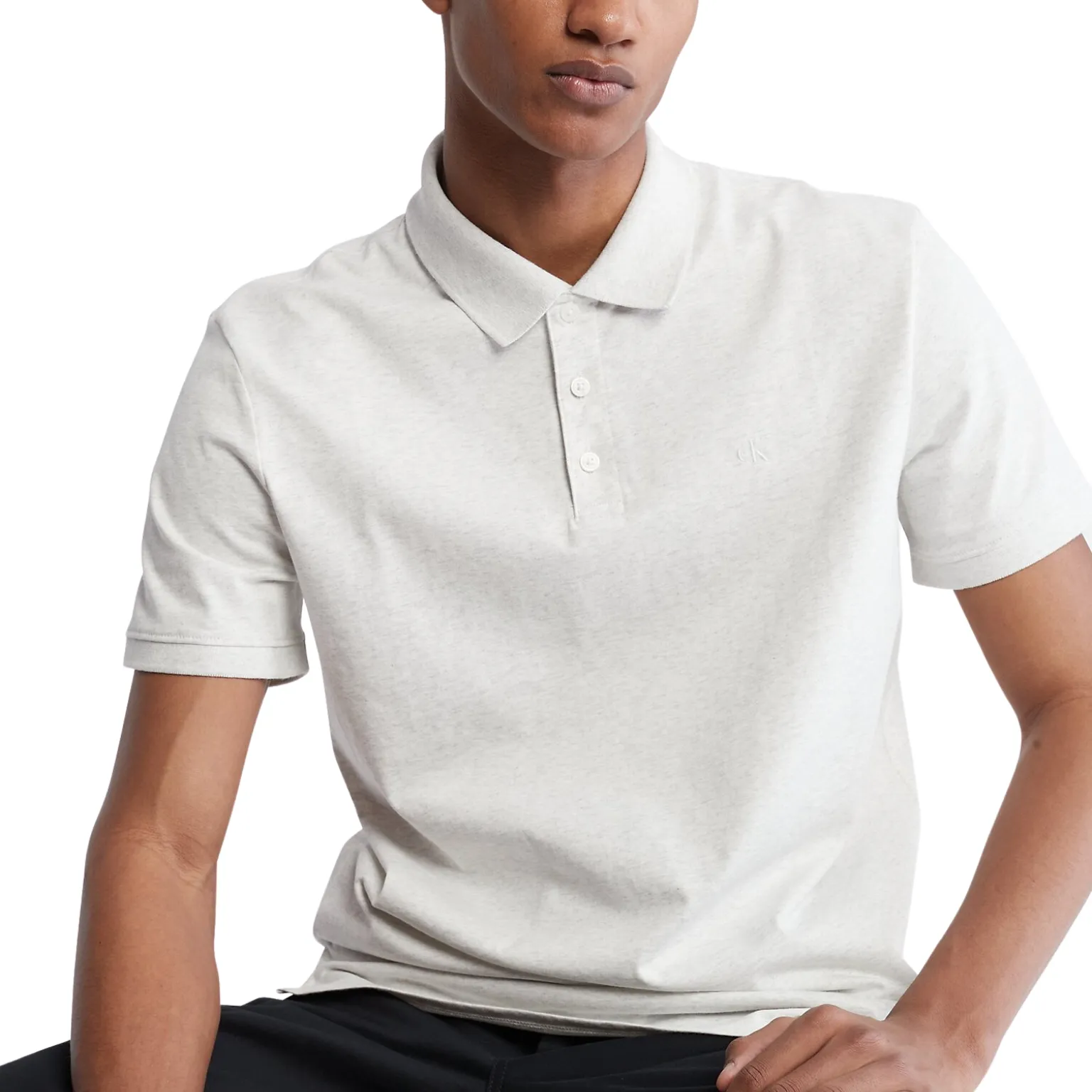Bamboo fabric is becoming a popular choice for fashion brands thanks to its softness, breathability, and sustainability. In this writing, we’ll take a closer look at the advantages of bamboo fabric as well as its disadvantages.
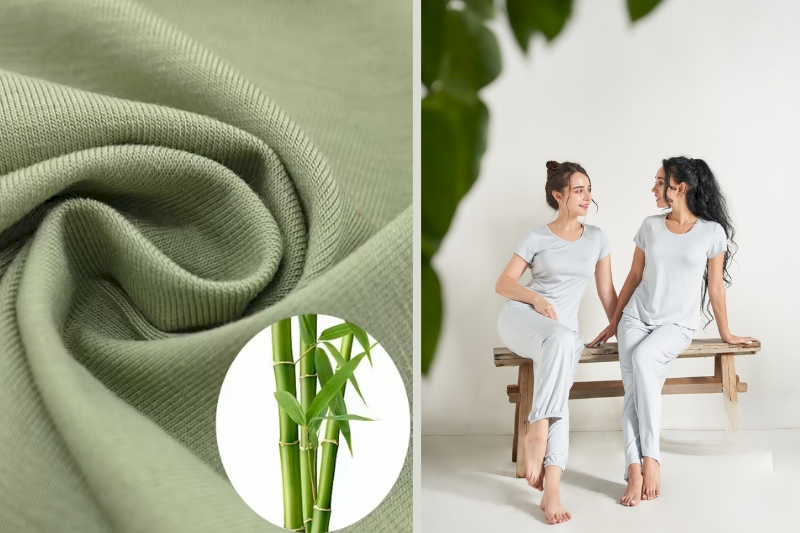
1. Advantages of bamboo fabric
Bamboo fabric has become a popular choice for clothing production thanks to its impressive range of benefits. Bamboo fabric benefits make it stand out as a great choice. Here are some reasons why:
1.1. Soft and Comfortable
Bamboo fabric is renowned for its incredibly soft and smooth texture, offering unparalleled comfort to the wearer. Derived from natural bamboo fibers, clothing made from this material feels gentle against the skin, providing a lightweight and cozy experience. Many describe wearing bamboo fabric as “like wrapping yourself in a cloud,” making it perfect for those who prioritize comfort in their daily wear.
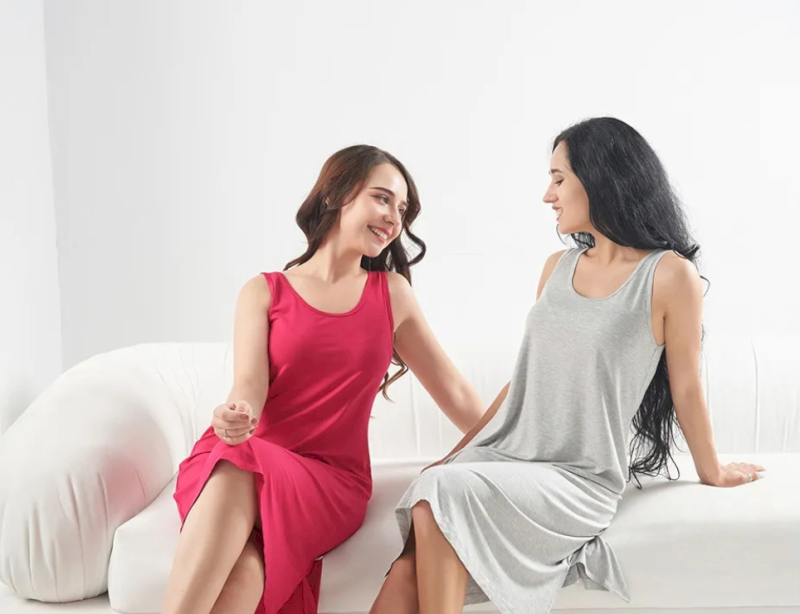
1.2. Breathable & Moisture-Wicking
Thanks to its unique fiber structure, bamboo fabric has tiny micro-gaps that enhance breathability and moisture absorption. It effectively wicks sweat away from the body, keeping the wearer cool and dry. Additionally, its temperature-regulating properties help maintain comfort in both hot and cold conditions, making it perfect for activewear and warm-weather clothing.

1.3. Hypoallergenic & Antibacterial
Bamboo fabric is naturally gentle on the skin, making it a great option for those with allergies or sensitive skin. It does not contain harsh chemicals that can cause irritation, reducing the risk of allergic reactions. Some types of bamboo fabric are certified by Oeko-Tex Standard 100, ensuring they are free from harmful substances and safe for direct skin contact.
Additionally, bamboo fibers have antibacterial and odor-resistant properties, helping to prevent the growth of bacteria and fungi that can cause unpleasant smells.
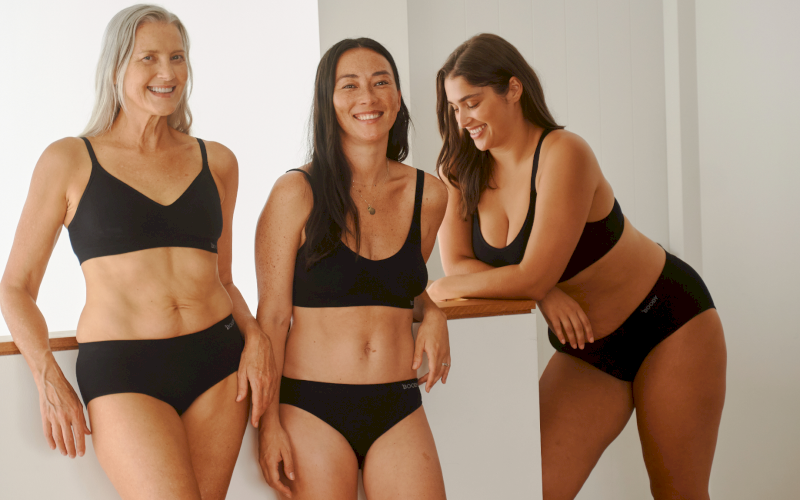
1.4. Eco-Friendly & Sustainable
Bamboo fabric is a sustainable choice for the fashion industry, as bamboo grows quickly with minimal water and no pesticides. It offers an eco-friendly alternative to resource-intensive fabrics, allowing garment manufacturers and fashion brands to reduce their environmental footprint while providing durable, long-lasting clothing.

2. Disadvantages of Bamboo Fabric
Besides its advantages, bamboo fabric also has some drawbacks that should be considered, especially when used for garment production:
2.1. Higher Production Costs
Compared to conventional fabrics like cotton or polyester, bamboo fabric is generally more expensive to produce. The harvesting and fiber extraction process, especially for mechanically processed bamboo fabric, is labor-intensive and time-consuming. Additionally, sustainable and eco-friendly manufacturing methods often involve higher operational costs. Certifications ensuring non-toxic and ethical production, such as OEKO-TEX or organic standards, also add to the overall expense.
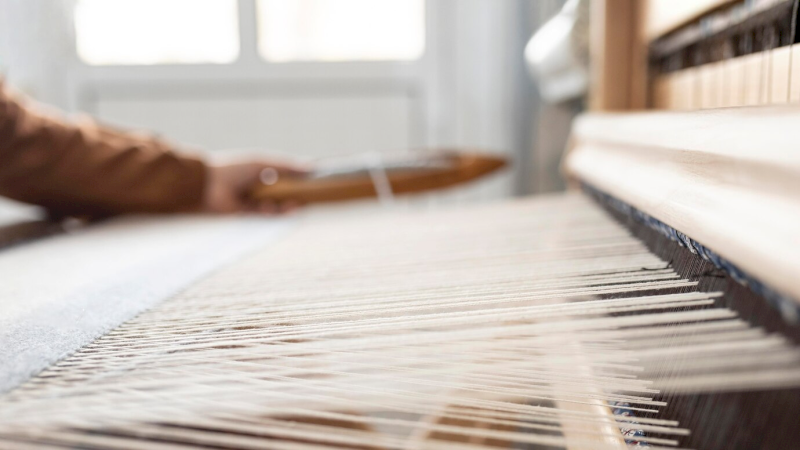
2.2. Less Durable than Synthetic Fabrics
Bamboo fabric is more delicate than synthetic materials and is prone to shrinking or damage if not cared for properly. To maintain its quality, garments made from bamboo fabric should be washed in cold water with mild detergents and air-dried rather than exposed to high heat. Excessive heat during tumble drying can weaken the fibers, reducing the fabric’s longevity.

3. Which Clothing Line Can Be Made of Bamboo Fabric?
Thanks to its unique properties, bamboo fabric is highly versatile and well-suited for various types of clothing. Each category benefits from bamboo’s softness, breathability, and moisture-wicking capabilities, making it a practical and sustainable choice for fashion brands.
- Underwear & Loungewear: Bamboo fabric’s smooth texture and hypoallergenic properties make it ideal for underwear, bras, camisoles, boxer briefs, and loungewear. It provides all-day comfort while being gentle on sensitive skin.
- Activewear & Sportswear: The fabric’s moisture-wicking and breathable nature allow for better airflow, making it a great choice for T-shirts, leggings, tank tops, and yoga pants. Additionally, its antibacterial properties help reduce odor during physical activities.
- Kidswear & Babywear: Bamboo is a safe and soft option for baby bodysuits, rompers, pajamas, and leggings. Its non-toxic and antibacterial characteristics ensure comfort for delicate skin while minimizing irritation.
- Casualwear: For everyday fashion, bamboo fabric is used in polo shirts, T-shirts, dresses, skirts, and joggers. Its natural temperature-regulating ability keeps wearers comfortable in both warm and cool weather.
- Sleepwear: The lightweight and breathable feel of bamboo fabric makes it perfect for pajamas, nightgowns, and robes, ensuring a comfortable and refreshing sleep experience.
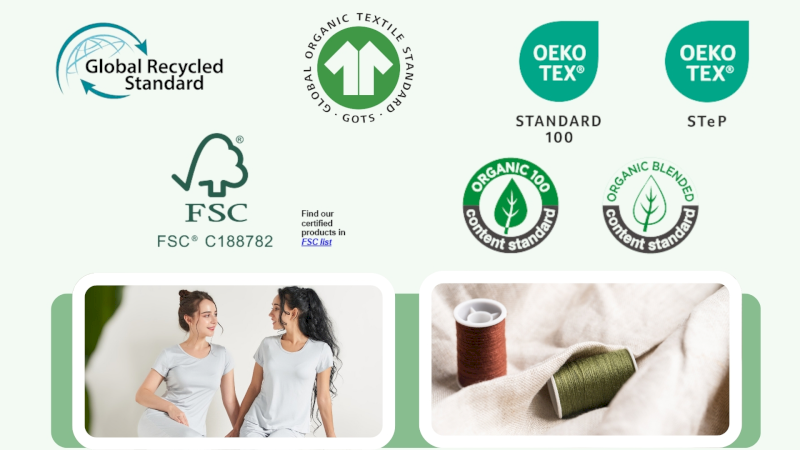
If you are a fashion brand looking to incorporate bamboo fabric into your collection, it’s crucial to choose a responsible manufacturer that ensures ethical and sustainable fabric sourcing and production.
Thygesen Textile Vietnam is a trusted clothing manufacturer with long-standing partnerships with trusted fabric suppliers in Vietnam and worldwide. We provide high-quality bamboo fabric that meets strict international standards, including GOTS (Global Organic Textile Standard), FSC (Forest Stewardship Council), and Oeko-Tex certifications. Our transparent sourcing ensures that all bamboo materials are sustainably grown and processed, giving brands confidence in both quality and sustainability.
In conclusion, while there are some challenges, the numerous advantages of bamboo fabric make it an outstanding choice for fashion brands. Thygesen Textile Vietnam provides a full-package service, covering everything from bamboo fabric sourcing to garment production, ensuring high quality, ethical, and sustainable practices. For more details on our manufacturing services, visit thygesenapparel.com or contact us at [email protected].



